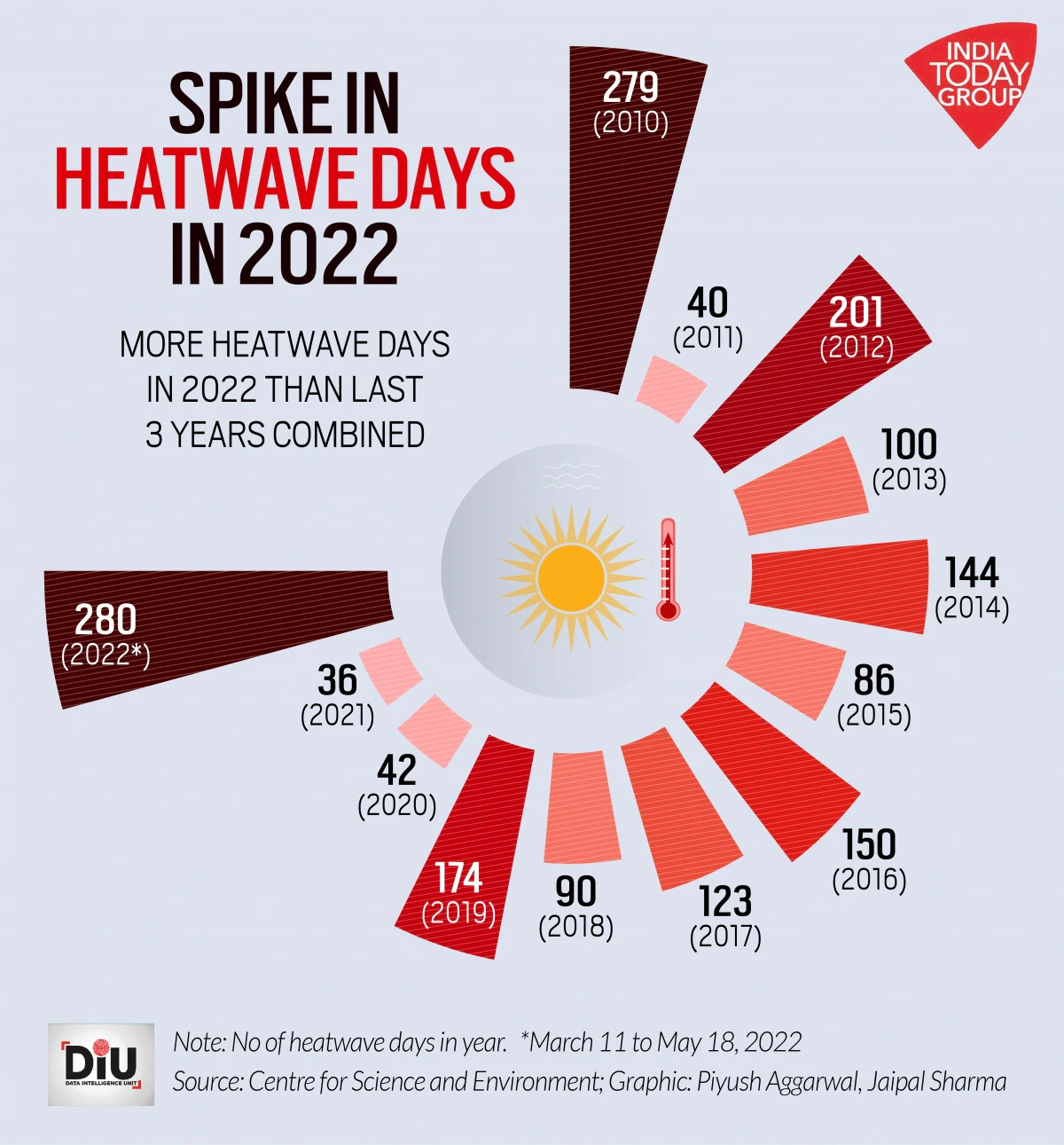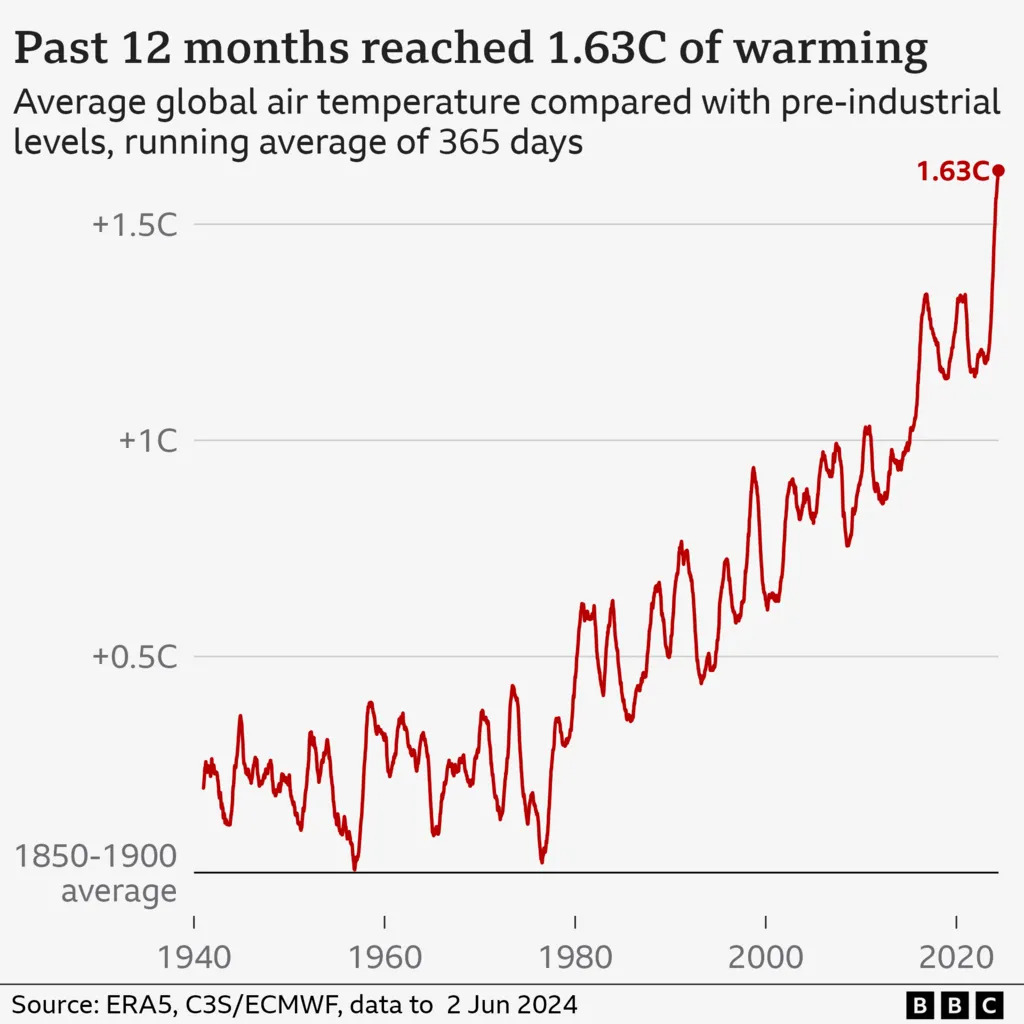By Phumelele Mkhonta
AS global temperatures continue to rise, heatstroke-related deaths have governments worried with the Ministry of Health in Eswatini on high alert.
The sudden increase in heatstroke deaths in India has become a global concern and the Eswatini Ministry of Health has come out to say because of climate change, emaSwati should expect more heat-related health complications.
In the past month, a total of 110 heat stroke-related deaths and 40,272 suspected cases have been reported in India until June 20, according to the Indian Health Ministry data, as temperatures continue to hover around 50°C, singing vast swathes of the country.
In the United Kingdom only, the year 2022 saw the highest number of recorded heatwave deaths over the last seven years at 2,985, which followed the second highest in 2020, at 2,556 heatwave deaths, and 2023, which saw 2,295 deaths attributed to heat waves during the English summer.
Worth noting is climate change is attributed to the escalation of heat-induced health complications- and deaths. Climate change has seen the rise of temperatures globally, and all parts of the world are experiencing longer and intensified hot seasons.

According to the Centre for Disease Control and Prevention (CDC), heatstroke is the most serious heat-related illness as it occurs when the body can no longer control its temperature. The body’s temperature rises rapidly, the sweating mechanism fails, and the body is unable to cool down. When heat stroke occurs, the body temperature can rise to 106°F (41°C) or higher within 10 to 15 minutes.
Speaking to the Ministry of Health’s Health Promotion Officer Calvin Dlamini, he told the Eswatini Sunday that the change in weather patterns, especially the intense heat waves, have increased the cases of heat-related illnesses even in Eswatini.
“EmaSwati should expect more heat-related complications as long as the intense the country experiences the intense heat waves that it has in the past couple of years,” said Dlamini.
He went on to say heatstroke deaths were no longer a farfetched notion but were becoming a reality as there have been one or two recorded ones in Cape Town recently.
“What happens in summer is the sun heat is strong and direct- so the heart gets affected in the process and it causes different complications in the body. The main people who are affected in summer are people with High Blood Pressure as it tends to increase drastically and this is when people collapse,” explained the Health Promotions Officer.
He further said heat caused intense respiratory problems which would lead to one being hospitalised.
“It is in summer where we see an increase in the cases of headaches because of the heat and some people incur epistasis (nosebleeds). Also, there is an increased case of skin burns during heat waves,” Dlamini explained the complications that came with the intensified heat waves.
Worth noting is that in Eswatini, heat waves are experienced between the months of November and February.

Currently, in India, reports have revealed that most cases and deaths were reported in rural India, given the nature of strenuous outdoor work associated with agriculture. In addition, rural India continues to be blighted by poor health infrastructure in comparison with towns and cities.
Heat waves this year have been exceptionally severe, with red alerts being declared in several parts of the country in mid-May, impacting both urban and rural areas. The intensity, frequency and length of heat waves have put a huge pressure on healthcare facilities, with an increase in heat-related illnesses.
The reports from different Indian publications revealed that June set the record for the highest temperature registered in the month, a scorching 47°C, in a decade. By comparison, the highest June temperature was 41.8°C in 2023, 44.2°C in 2022 and 43°C in 2021.
Madhya Pradesh reported the highest number of heat stroke cases at 10,636, followed by Rajasthan (6,546), Andhra Pradesh (3,994), Uttar Pradesh (3,590), Odisha (3,574), Chhattisgarh (3,278) Bihar (2,054).
The highest number of 36 deaths was reported in Uttar Pradesh, followed by Bihar (17), Rajasthan (16), Odisha (13), Telangana (7) and Madhya Pradesh (3), according to health ministry data seen by Mint.
Preparedness for the prevention and management of severe heat-related illnesses includes procurement and supply of adequate quantities of ORS packs, essential medicines, IV fluids, ice packs, and equipment to support the management of electrolyte imbalance, along with the availability of sufficient drinking water and dedicated beds for heatstroke patients


